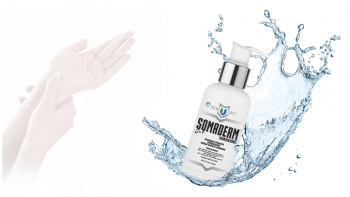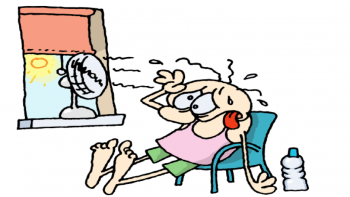Comments
WELLNESS - Erectile dysfunction, also known as ED, is a prevalent condition that affects millions of men worldwide: it can cause frustration, anxiety, and even strain relationships. Fortunately, there have been significant advancements in medications for treating this issue over the past decade. From new oral options to innovative delivery methods, the landscape of ED medication has changed drastically. Whether you are someone dealing with ED or simply looking to stay informed about current treatments available, read on to discover what you need to know about the latest advances in erectile dysfunction medications.
Consult a Specialized Clinic
When considering effective treatments for ED, you should understand the diversity of available options and how they cater to individual needs. Various oral medications, such as sildenafil and tadalafil, have been developed to offer improved efficacy and reduced side effects. However, these medications may not work for everyone, and it's essential to consult a specialized clinic that can provide personalized treatment options based on your specific condition. Clinics like those that offer ED treatment at Atlanta Men's Clinic or any other reputable clinic in your area can offer a thorough evaluation and recommend the most suitable treatment for you. Innovative treatments are on the rise, and clinics specializing in ED can offer a comprehensive analysis of their effectiveness as well.
Take Oral Medications
Oral medications, also known as phosphodiesterase type 5 inhibitors (PDE5 inhibitors), have been the standard treatment for ED over the past two decades. These drugs work by enhancing blood flow to the penis, allowing for an erection.
The first PDE5 inhibitor approved by the FDA was Viagra (sildenafil) in 1998, followed by Cialis (tadalafil) in 2003 and Levitra (vardenafil) in 2003. These medications have been proven effective in treating ED, with success rates ranging from 60-80%. Like any medication, there can be potential side effects, such as headaches, flushing, and indigestion.
Consider Lifestyle Changes
Lifestyle changes can manage and even improve erectile dysfunction. Incorporating regular exercise, adopting a balanced diet, and quitting smoking are some of the primary changes that can enhance overall cardiovascular health, which is directly linked to erectile function.
While medications provide immediate relief, these lifestyle modifications can impact long-term wellness, potentially reducing dependence on pharmaceuticals. Consulting healthcare professionals for tailored advice on making these lifestyle adjustments can further optimize outcomes in treating ED.
Reduce Stress and Anxiety
Stress and anxiety are significant contributors to erectile dysfunction and managing these psychological factors can substantially improve symptoms. Techniques such as mindfulness, meditation, and cognitive-behavioral therapy (CBT) have shown promising results in reducing anxiety levels and promoting mental well-being.
For those whose ED is primarily caused by psychological issues, seeking help from a mental health professional who specializes in sexual health may provide effective treatment strategies. Combining these approaches with other ED treatments can result in a more holistic and successful management of erectile dysfunction.
Communicate with Your Partner
If you are going through erectile dysfunction, you must openly communicate with your partner about the issue and how they can support you. Open communication can reduce stress and performance-related anxiety, creating a more supportive environment for addressing ED.
Partners can also be involved in exploring alternative treatments, such as vacuum devices or penile implants. The right support system can make a significant difference in managing ED and strengthening relationships.
Follow Prescribed Treatments
Following prescribed treatments for erectile dysfunction is essential to effectively manage the condition and improve quality of life. Consistent adherence to medication regimens, whether they involve oral drugs, injections, or other therapies, ensures that you are receiving the full benefits of your treatment plan.
Regular follow-ups with your healthcare provider are also crucial to monitor progress and make any necessary adjustments. Ignoring medical advice or failing to take medications as directed can lead to suboptimal results and potentially worsen the condition. Therefore, you should stay committed to your prescribed treatments and maintain an open line of communication with your healthcare team.
Explore Alternative Therapies
Some men may not respond to traditional oral medications, and for them, alternative therapies may be worth considering. For instance, penile injections have been shown to be effective in treating ED by increasing blood flow to the penis. Similarly, vacuum devices can create an erection by drawing blood into the penis.
Recent advancements in the use of low-intensity shockwave therapy (LI-SWT) have also shown promise in treating erectile dysfunction. Others use acupuncture or herbal supplements as alternative treatments for ED. While more research is needed to determine their effectiveness, discussing these options with a healthcare professional can provide valuable insights and potential solutions.

As we continue to see advancements in the medical field, it's exciting to witness the development of new and improved treatments for conditions like erectile dysfunction. While oral medications have been the go-to option for many years, alternative therapies and lifestyle changes are proving to be effective in managing ED as well. There is no one-size-fits-all solution when it comes to treating erectile dysfunction – what matters most is finding the right approach tailored to your individual needs.
###
























